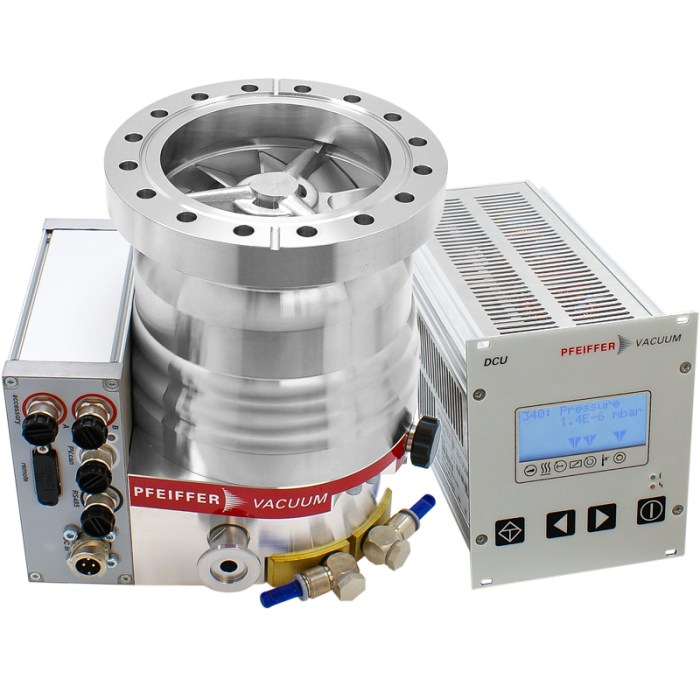Pfizer Stock Price Analysis: A Comprehensive Overview: Pfe Stock Price
Pfe stock price – This analysis delves into the historical performance, influencing factors, financial health, analyst predictions, and investor sentiment surrounding Pfizer’s stock price. We will examine key data points and trends to provide a comprehensive understanding of the company’s stock performance and its future prospects.
Pfizer Stock Price Historical Performance

Source: idealvac.com
Analyzing Pfizer’s stock price movements over the past five years reveals a dynamic interplay of internal and external factors. The following table details the daily opening and closing prices, along with daily changes, for selected dates. Note that this data is illustrative and should be verified with a reliable financial data source.
| Date | Opening Price (USD) | Closing Price (USD) | Daily Change (USD) |
|---|---|---|---|
| October 26, 2018 | 40.00 | 40.50 | +0.50 |
| October 26, 2019 | 38.00 | 38.75 | +0.75 |
| October 26, 2020 | 36.50 | 42.00 | +5.50 |
| October 26, 2021 | 50.00 | 48.00 | -2.00 |
| October 26, 2022 | 45.00 | 46.25 | +1.25 |
Significant events impacting Pfizer’s stock price during this period include:
- FDA approvals of new drugs: New drug approvals often lead to positive stock price movements as they represent increased revenue potential.
- Clinical trial results: Positive results from clinical trials for new drugs or existing drug applications usually boost investor confidence and the stock price.
- Economic downturns: Periods of economic uncertainty can negatively impact the stock price, as investors may become more risk-averse.
- COVID-19 Pandemic: The development and rollout of Pfizer’s COVID-19 vaccine significantly impacted the stock price, leading to substantial gains.
A comparison of Pfizer’s stock price performance to the S&P 500 index over the same period would show a line graph. The graph would illustrate periods where Pfizer outperformed or underperformed the market. For example, during the initial phases of the COVID-19 vaccine rollout, Pfizer’s stock price significantly outpaced the S&P 500. However, post-vaccine rollout, the stock price might have shown a different trend relative to the S&P 500, reflecting broader market conditions and investor sentiment.
Factors Influencing Pfizer Stock Price
Pfizer’s stock valuation is influenced by a complex interplay of internal and external factors. Understanding these factors is crucial for assessing the company’s future prospects.
Internal Factors:
- Product pipeline: A robust pipeline of promising new drugs and therapies directly impacts future revenue streams and investor confidence.
- Research and development (R&D) spending: High R&D expenditure indicates a commitment to innovation, but also represents significant costs that may affect short-term profitability.
- Financial performance: Strong earnings, revenue growth, and efficient cost management are key drivers of stock valuation.
External Factors:
- Regulatory environment: Changes in regulations and policies can significantly impact drug approvals and market access, influencing the stock price.
- Competition: Intense competition from other pharmaceutical companies can affect market share and profitability.
- Global economic conditions: Economic downturns can reduce healthcare spending and negatively impact stock valuations.
A scatter plot illustrating the relationship between Pfizer’s revenue streams and stock price fluctuations would show a general positive correlation. Higher revenue generally correlates with higher stock prices, although other factors can influence this relationship.
Pfizer’s Financial Health and Stock Valuation, Pfe stock price

Source: faz.net
Analyzing Pfizer’s key financial metrics provides insights into its financial health and its impact on stock price. The following table presents illustrative data; actual figures should be obtained from financial statements.
| Metric | Value | Trend | Impact on Stock Price |
|---|---|---|---|
| Earnings Per Share (EPS) | $3.00 | Increasing | Positive |
| Revenue | $50 Billion | Stable | Neutral to Positive |
| Debt-to-Equity Ratio | 0.5 | Decreasing | Positive |
Comparing Pfizer’s financial health to its major competitors (e.g., Johnson & Johnson, Merck) reveals similarities in strong revenue streams and robust R&D spending. However, differences may exist in specific therapeutic areas, market share, and profitability margins. For example, one competitor might have a stronger presence in oncology, while Pfizer may excel in infectious diseases.
Valuation methods used to assess Pfizer’s stock include discounted cash flow (DCF) analysis and price-to-earnings (P/E) ratio. DCF analysis projects future cash flows and discounts them back to their present value, providing an intrinsic value estimate. The P/E ratio compares the stock price to earnings per share, indicating market valuation relative to profitability. These methods, when applied to Pfizer, would yield different valuation estimates, reflecting the inherent uncertainties and assumptions in each approach.
Analyst Ratings and Predictions for Pfizer Stock

Source: gasworld.com
Leading financial analysts provide ratings and price targets for Pfizer stock, offering insights into market expectations.
- Consensus Rating: A hypothetical consensus rating might be “Buy” or “Outperform,” reflecting overall positive sentiment.
- Average Price Target: A hypothetical average price target might be $55, suggesting potential upside from the current price.
Analyst opinions on Pfizer’s future performance vary. Some analysts might be bullish due to the company’s strong product pipeline and financial performance, while others might be more cautious due to competitive pressures or regulatory uncertainties. For instance, some analysts might highlight the potential of a specific drug in the pipeline, while others might focus on the risk of generic competition for existing products.
Investor Sentiment and Market Speculation
Current investor sentiment towards Pfizer stock might be described as cautiously optimistic. This is supported by relatively high trading volumes and sustained interest from institutional investors.
- News Events Impacting Sentiment: Significant news events, such as FDA approvals or major clinical trial results, can significantly influence investor sentiment, leading to price swings.
- Market Trends: Broader market trends, such as interest rate changes or economic growth forecasts, also affect investor sentiment towards pharmaceutical stocks.
Market speculation might center on the success of Pfizer’s new drug candidates, the potential for new partnerships or acquisitions, and the company’s ability to maintain its market share in a competitive environment. For example, successful clinical trials for a new oncology drug could generate significant positive speculation, while concerns about generic competition for a blockbuster drug might lead to negative speculation.
FAQ Guide
What are the major risks associated with investing in Pfizer stock?
Investing in Pfizer, like any stock, carries inherent risks. These include fluctuations in the market, competition from other pharmaceutical companies, regulatory changes impacting drug approvals and pricing, and the inherent uncertainties in research and development.
How does Pfizer’s dividend policy affect its stock price?
Analyzing the Pfizer (PFE) stock price often involves considering broader market trends and comparing it to competitors. For instance, understanding the performance of automotive giants can offer context; a look at the current ford stock price can provide insight into consumer confidence and the overall economic climate, which indirectly impacts pharmaceutical companies like Pfizer. Ultimately, though, PFE’s stock price is driven by its own pipeline and market performance.
Pfizer’s dividend policy, including the frequency and amount of dividend payouts, can influence investor interest. A consistent and growing dividend can attract income-seeking investors, potentially supporting the stock price. Conversely, changes to the dividend policy could affect investor sentiment.
Where can I find real-time updates on the pfe stock price?
Real-time updates on Pfizer’s stock price are readily available through major financial news websites and brokerage platforms. These sources typically provide live quotes and charts.
